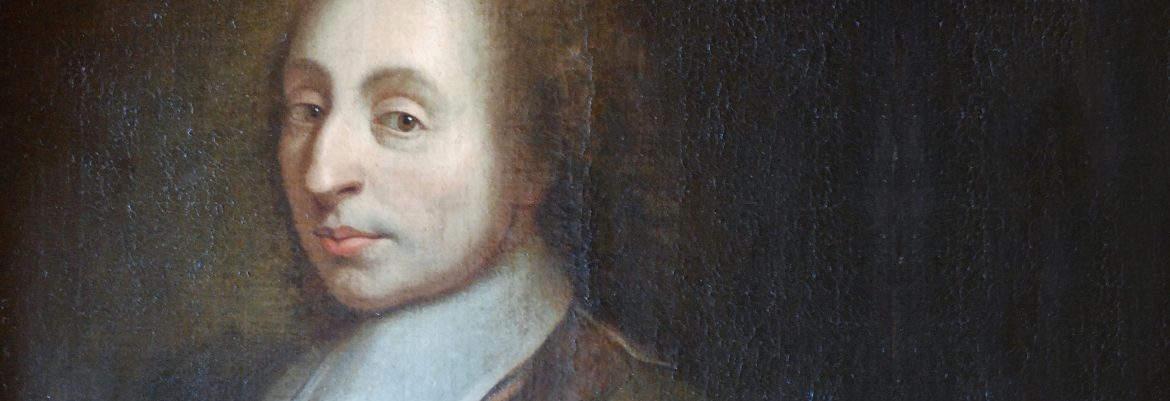Essentials: surgery and sharing Christ
Bernard Palmer tells of Blaise Pascal’s introduction to Jesus
In Rouville, Normandy, in the early sixteenth century, there was a fervent Roman Catholic minister called Jean Guillebert who taught and followed the famous North African theologian, Augustine of Hippo. Guillebert was what became known as a Jansenist — a group with doctrines very similar to those of French reformer Jean (John) Calvin. Guillebert taught passionately about the grace of God, who was willing to accept any who truly turned to him in faith, and what this should mean for the way people live.
Two brothers with the surname Deschamps were notorious in the area for their violence, swordplay, love affairs, and their love of duels. However, when they heard the gospel from the preaching of Guillebert, they both committed their lives to Christ, and their lives changed. They transferred their energies from fighting to helping the sick. They founded a hospital and trained as surgeons.
In January 1646, an eminent advisor to French clergyman and statesman Cardinal Richelieu named Etienne Pascal (who lived in Normandy), slipped on a patch of ice and dislocated his right hip. He asked the Deschamps brothers to come and stay with him to supervise his treatment. Accordingly, the brothers spent more than three months living with the Pascal household. During this time, the Deschamps brothers shared with the family what they had learned about the gospel and the need for spiritual rebirth.
Blaise Pascal was Etienne’s brilliant son who, like his father, loved mathematics and science. It was from these surgeons that Blaise understood the apostolic gospel. Blaise was not only brilliant but also winsome and had been seeking worldly distinction. The Deschamps brothers spent many hours discussing with Blaise what they understood to be the Bible’s message. They lent him books and tracts and little by little he was convinced that living with and for Jesus was what God taught in the Scriptures. He understood that he needed to move on from a merely formal brand of Roman Catholicism, and into a personal relationship with Jesus Christ. He understood that, in the long run, he gained nothing if he understood all the mysteries of mathematics and the riddles of the physical universe, if he gained these at the loss of his own soul. Blaise’s sister Jacqueline, a poetess with a growing reputation, also joined in these discussions and she, like her brother, became fascinated with the gospel of Jesus Christ. The two then persuaded their father to listen to the surgeons’ message. Etienne took longer to accept that he also needed to be converted or born again; after all he was a distinguished, reputable, and outwardly honest member of French society.
However, that summer the whole family went to hear Jean Guillebert, and subsequently they all made a real commitment to become followers of Jesus Christ; a new state very different to the formal allegiance they had had to the church. They became serious about the need to live for Jesus Christ.
Blaise’s sister Gilberte described the dramatic change that occurred in her brother before he was 24 years old:
‘God so enlightened him through this kind of study that he came to understand perfectly that the Christian religion obliges us to live only for God and to have no other objective in life, but to serve him; and this truth seemed so clear to my brother, so necessary and so useful.’
Blaise Pascal then continued to develop his calculating machine and began his research into the nature of vacuums, but his focus was changed. Living as God wanted was now his priority.












